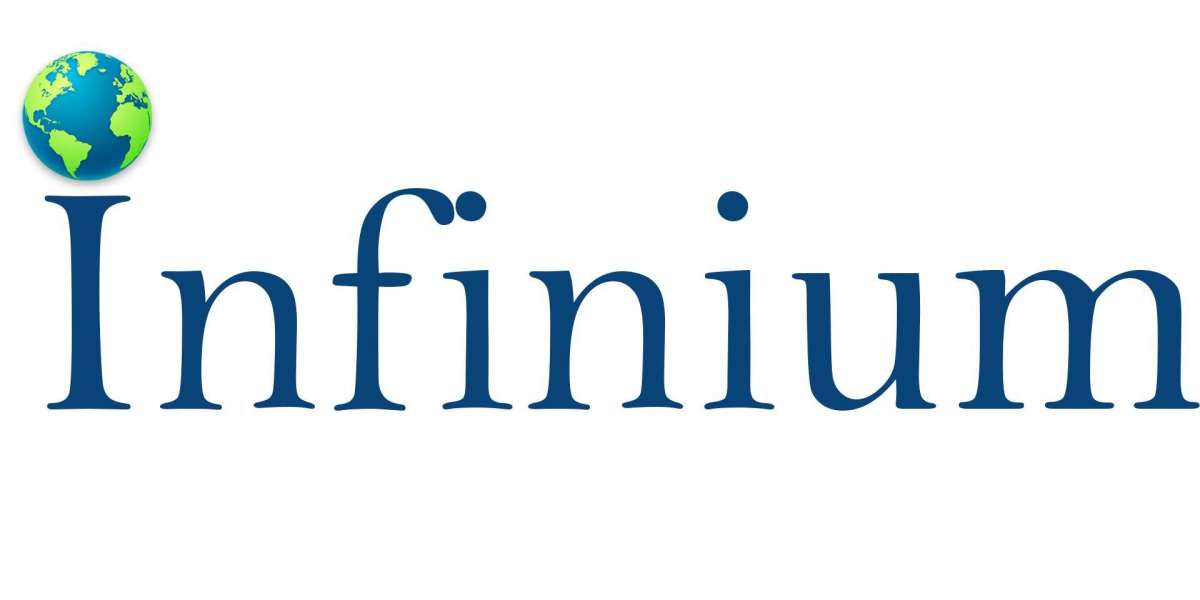Ecotourism, as defined by the United Nations World Tourism Organization (UNWTO), focuses on appreciating nature and local cultures in natural areas. It promotes responsible travel and attracts tourists through its focus on cultural heritage, flora, and fauna. Unfortunately, the COVID-19 pandemic severely impacted the global economy, including the ecotourism industry. This public health emergency disrupted lives and businesses, particularly in travel and tourism. The pandemic's negative effects stemmed from the complete closure of national and international borders, significantly reducing tourist arrivals worldwide. Lockdowns implemented by governments to curb the spread of the virus further hampered the ecotourism market's progress.
??????? ?? ???????? ?????? ?? ???? ????????? ?????? @: https://www.infiniumglobalresearch.com/reports/sample-request/30350
Gone are the days of generic tourist traps. Today's travellers crave authenticity and immersion. They seek to connect with local cultures, ecosystems, and traditions, fostering a deeper understanding of the places they visit. This shift in preference fuels the rise of ecotourism in destinations rich in natural beauty and cultural heritage. Ecotourism offers unique experiences that replace passive sightseeing with active engagement. Imagine thrilling wildlife safaris, enriching cultural exchanges, or even participating in hands-on conservation efforts. These immersive experiences create a lasting connection with nature and local communities.
This trend highlights a broader shift from mass tourism to personalized, transformative journeys. Destinations are responding by showcasing their unique ecosystems and cultural treasures, catering to traveller who seek to go beyond the surface and truly understand the places they explore. Ecotourism isn't just a vacation; it's a journey of discovery that leaves a lasting impact on both the traveller and the destination.
Market Dynamics:
- Sustainable Travel: There's a growing emphasis on eco-friendly practices, with tourists increasingly seeking responsible travel options that minimize their environmental impact. This trend aligns perfectly with the core principles of ecotourism.
- Social Media Influence: Social media platforms play a significant role in shaping travel decisions. With stunning visuals and engaging content showcasing the beauty of natural destinations, social media fuels the desire for ecotourism experiences.
- Technological Advancements: Technology plays a vital role in ecotourism. Efficient booking platforms streamline travel planning, while virtual reality (VR) experiences allow potential visitors to explore destinations virtually before committing to a trip. Technology also supports sustainable practices, such as digital wildlife monitoring that minimizes human intrusion on habitats.
- Wildlife Tourism: This segment caters to tourists interested in observing animals in their natural environment.
- Adventure Travel: Ecotourism offers a variety of adventure activities that promote cultural exchange while fostering a connection with nature.
- Cultural Immersion: Travelers can delve into local traditions, fostering a deeper understanding and appreciation of indigenous cultures.
Market Segmentation:
- Travel Style: This segment looks at how travelers prefer to experience their ecotourism adventure. Solo travelers seek a more independent experience, while group tours offer camaraderie and shared experiences.
- Age: The market is divided into generations. Generation X, Y, and Z all have distinct preferences and priorities when it comes to ecotourism. Understanding these generational differences allows destinations and tour operators to tailor their offerings effectively.
- Booking Habits: Travelers can choose from various sales channels to book their ecotourism experiences. Traditional travel agents offer personalized service, while direct booking allows for more flexibility and potentially lower costs.
Regional Analysis:
Asia-Pacific: A Leader in Ecotourism Paradise
- This region reigns supreme, captivating travelers with its abundance of pristine natural destinations. From lush rainforests and majestic mountains to vibrant coral reefs and serene beaches, Asia-Pacific offers a breathtaking backdrop for ecotourism adventures. A high level of awareness about ecotourism among travelers fuels the market's growth in this region. Additionally, a well-established network of leading ecotourism agencies makes it easy for tourists to plan responsible and sustainable trips.
North America: A Region on the Rise
- North America is poised for the fastest growth in the ecotourism market. A growing appreciation for the region's natural beauty is a key driver. Local governments are actively promoting sustainable tourism practices and ecosystem conservation, further attracting eco-tourists seeking responsible travel options. These promotional activities are raising awareness about the unique ecosystems found in North America, drawing visitors eager to explore and experience them firsthand.
- This regional analysis highlights the diverse landscape of the global ecotourism market. As awareness and appreciation for sustainable travel practices grow, we can expect to see other regions flourish alongside these current leaders.
?????? ????????: https://www.infiniumglobalresearch.com/reports/global-ecotourism-market
??? ????????????
- Adventure Alternative Ltd.
- Aracari Travel
- Travel Leaders Group
- Expedia Group
- FROSCH International Travel, Inc.
- Intrepid Group Limited
- BCD Group
- G Adventures
- JTB Americas, Ltd.
- SARL Undiscovered Mountains France.
?????? ???????
Peering beyond the horizon, this report offers a roadmap for navigating the ecotourism market through 2032. It delves into critical trends that will shape future demand, extending insights beyond previous forecasts. In addition to analyzing current drivers and restraints, the report leverages the IGR-Growth Matrix to pinpoint lucrative investment opportunities for both established and emerging players in the ecotourism space. For a comprehensive understanding of the competitive landscape, Porter's Five Forces and DRO analysis tools are employed to dissect market dynamics within each region. This future-oriented approach ensures you're equipped with the knowledge necessary to capitalize on emerging trends in sustainable travel, such as growing eco-conscious consumer preferences and increased government regulations promoting responsible tourism practices.
??????????:
Ecotourism is experiencing a surge, driven by a desire for authentic and immersive travel experiences that connect tourists with nature and local cultures. This shift away from passive sightseeing fuels the rise of ecotourism destinations offering wildlife safaris, cultural exchanges, and conservation efforts. Social media, promoting stunning natural beauty, coupled with technological advancements in booking and VR experiences, further fuels this trend. The ecotourism market caters to diverse travelers through solo and group tours, with itineraries tailored for different generations and booking preferences. While Asia-Pacific currently dominates due to its abundance of natural wonders and established ecotourism infrastructure, North America is poised for rapid growth as appreciation for its natural beauty increases and government initiatives promote sustainable tourism practices. Looking ahead, this report equips readers with the insights needed to navigate the ecotourism market through 2032. It analyzes future trends, investment opportunities, and competitive dynamics using tools like the IGR-Growth Matrix and Porter's Five Forces, ensuring readers can capitalize on the growing demand for responsible travel experiences.



